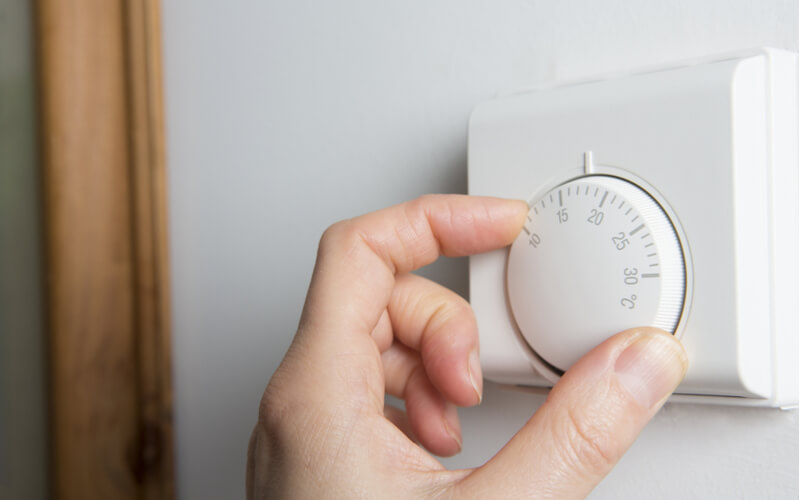Communal - Heating
The Heat Network (Metering and Billing) Regulations 2014 came into force from 18 December 2014 but with certain regulations coming into force later. They were amended in March 2015 and in November 2020.

The Heat Network (Metering and Billing) Regulations 2014 came into force from 18 December 2014 but with certain regulations coming into force later. They were amended in March 2015 and in November 2020.
Amendments November 2020 Q&A briefing implement the requirement for owners of heat networks (not just district heating schemes) to assess the cost-effectiveness of individual heat metering.
The main requirements relating to existing communal heating schemes are a duty to:
- Notify (regulation 3) heat network operators should supply specific information to the regulator for each district heat network or communal heating. This should have been supplied by 30 April 2015 or when heating first operated
- Carry out an initial cost effectiveness exercise, using the new cost-effectiveness tool by 27 November 2021
- Install Meters and/or Heat Cost Allocators (HCA) where these are shown to be cost-effective by 1 September 2022.
- Install meters (regulation 7) when major refurbishment undertaken (defined by the regulations as total cost is higher than 25% of the value of the building)
- Provide accurate bills (regulation 9) based on actual consumption unless it is not cost-effective and technically possible.
The Government has published guidance to compliance and enforcement of the legislation.
Enforcement
The legislation is enforced in the UK by the National Measurement and Regulation Office (NMRO). There are specific requirements where the majority of customers are in Scotland.
Landlord's responsibilities
Landlords need to ensure that the combustion appliances installed in their properties are adequately and regularly serviced and maintained and that flues are operating safely. They also need to comply with the Heat Network (Metering and Billing) Regulations.
Compliance and customer protection – good and efficient practice
The Association for Decentralised Energy (ADE) produces guidance to help protect district or communal heating customers and to promote good practice to heat network designers, installers and operators. It has worked with CIBSE (Chartered Institution of Building Services Engineers).

